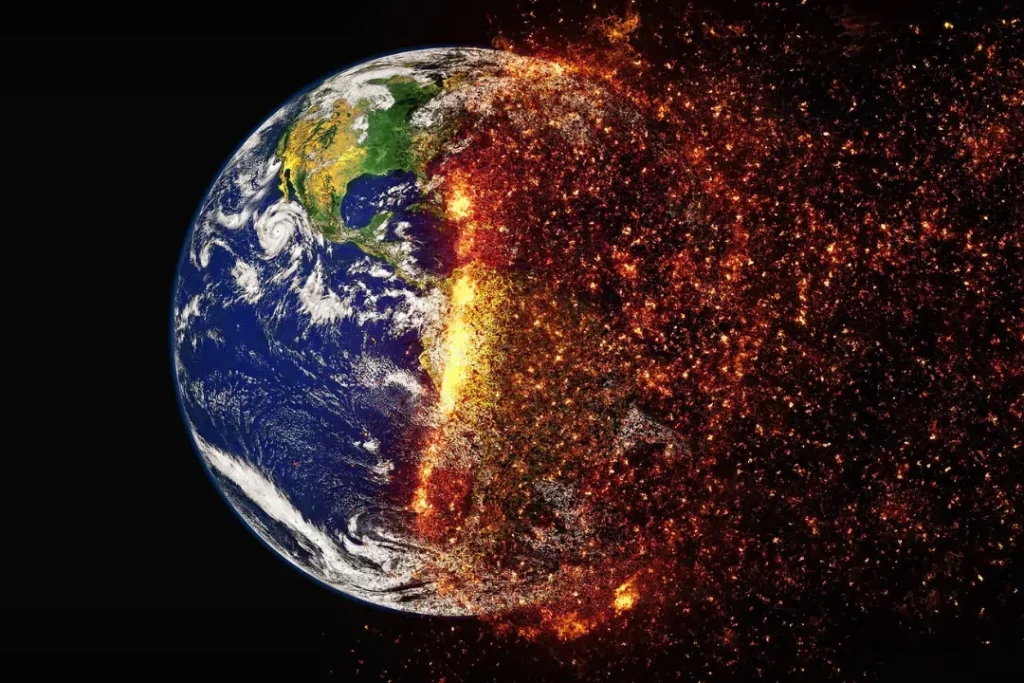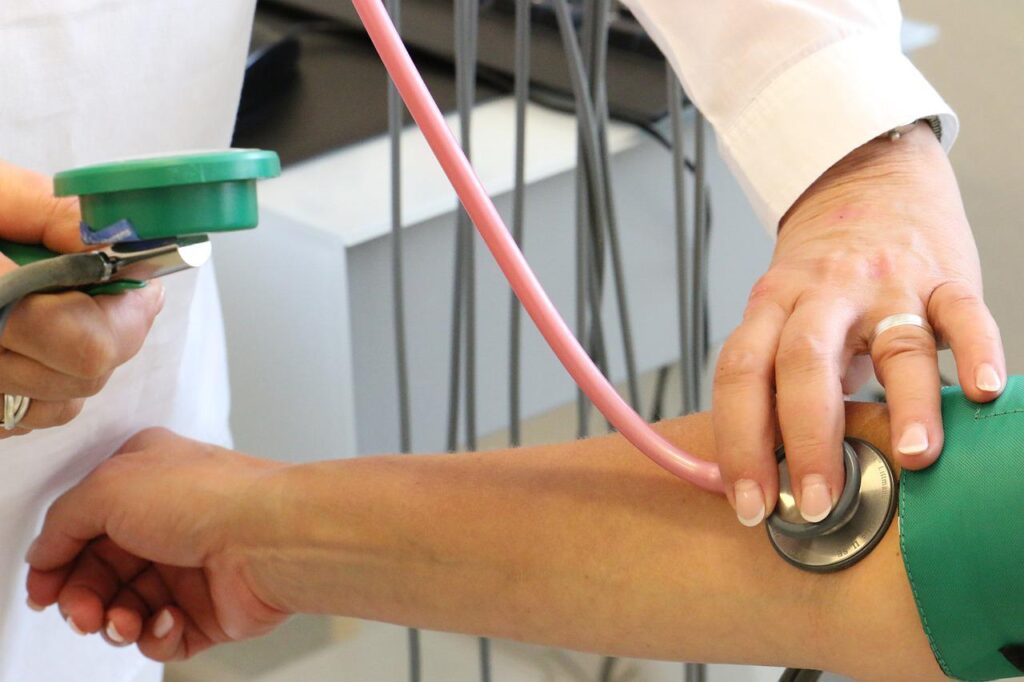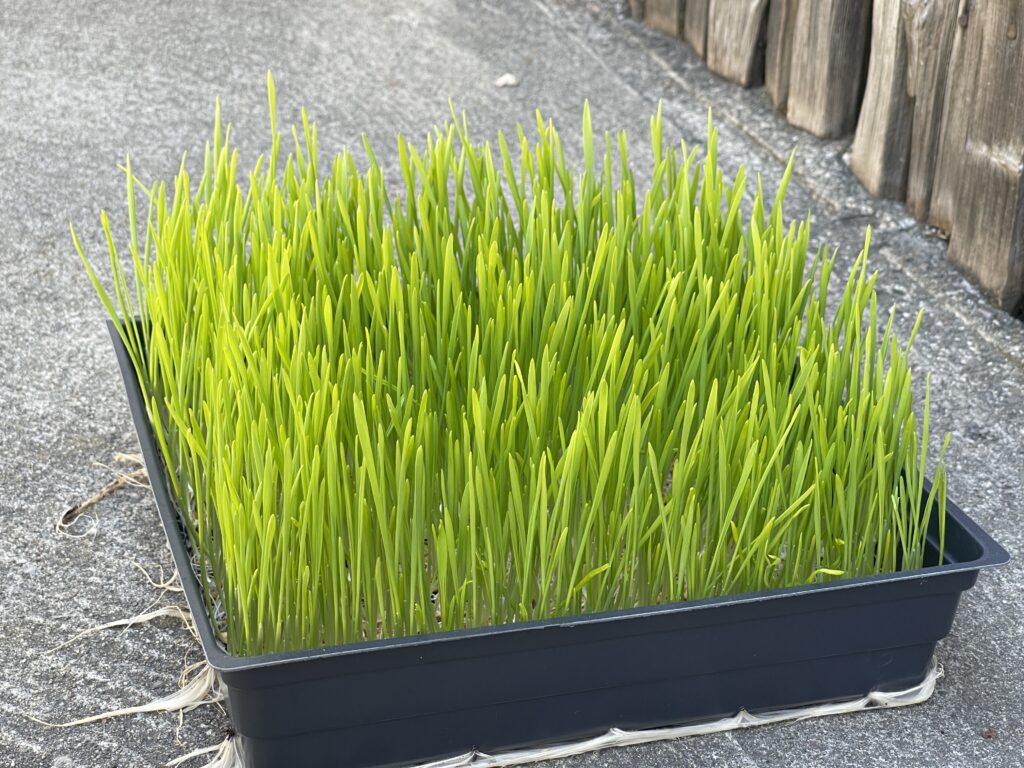Climate change is one of the biggest issues we are facing as a generation. Our every action, every little action has a carbon footprint. Carbon footprint is the total amount of greenhouse gasses (including carbon dioxide and methane) that are generated by our actions (the way we live, entertain and consume).
When we search on the internet about daily activity on an individual level to help tackle climate change, different suggestions come up. Many blogs or articles mention using your own water bottle, carrying your own shopping bag, avoiding using single use plastics such as straw and so on. Well, these actions definitely help but there are actions that are much more impactful. Such impactful ways are often not well communicated or talked about enough. In today’s scenario, where climate change impacts are increasing day by day and there is not much time, we need to do much more than just carrying our own bottle.
Just to give you a background, countries have gathered and signed the Paris Agreement establishing a worldwide framework to keep global warming below 2°C and to pursue efforts to keep it below 1.5°C in order to prevent severe climate change. However, many countries are still hesitant to do the required and playing a blame game. Every inactive and inefficient day will jeopardize our and our children’s future. In this scenario, individual action plays a crucial role not just to lead by example but also to advocate for action. Today, we will discuss 5 ways we can help tackle climate change while reducing our own carbon footprint. We compiled a list of the most realistic changes you can do. Individual action is essential to raise the importance of issues to policymakers and businesses., even while individuals may not make significant emissions reductions that keep climate change to manageable levels.
Eat Less Meat and Other Animal Products
Avoiding meat and dairy products is one of the biggest ways to reduce your environmental impact on the planet. Raising animals for meat, eggs and dairy is not just one of the most inefficient ways to nurture our health, it is also harmful to the environment. You might be surprised to know that 77% of the world’s agricultural land is used for livestock. According to the Food and Agricultural Organization of the United States (FAO), between 2000 and 2010, large-scale commercial agriculture—primarily cattle ranching and soya bean (primarily to feed animals for our use) was responsible for 40% of tropical deforestation. No wonder, animal agriculture is one of the largest emitters of greenhouse gasses.
But, there is a solution in our hands. Cut off your animal based foods. If your diet consists of a large amount of meat, avoiding it all at once might not be possible. Start by eating fewer or smaller portions of meat, especially red meat, which has the largest environmental impact, and reduce dairy products or switch them for non-dairy alternatives. If eating 100% plant based is not possible for you, do it most of the time. Find alternatives, if there is none, think about creating one. Also, there is big buzz about sustainable meat. However, to lower your carbon footprint, less meat is almost always better than sustainable meat.
Think About Consumption than Emission
In today’s fast paced consumeristic and materialistic world, having less things has become a sign of dearth. Today, we buy much more than we need and ultimately throw them out without even using them properly. Take an example of your clothes. How many pairs of clothes do you have and how many of them do you use regularly? How much unused kitchen equipment and utensils do you have? How often do you change your mobile phone?
According to a research titled “Environmental Impact Assessment of Household Consumption,” up to 60% of the world’s greenhouse gas emissions are caused by our daily consumption. Additionally, the manufacture of goods imported for use from other nations has also constantly expanded, which only increases carbon emissions. Therefore, using less items will directly lead to leaving behind a lower carbon footprint. Less items, less waste, simple as that!
Buy what you need! Understand the difference between need and wants. Make more environmentally conscious purchases. Avoid single-use items and fast fashion. Repair and reuse.
Reduce Food Waste
Food waste has significant implications on both a national and international level.
One-third of the food produced worldwide is thrown away uneaten. Methane, a potent greenhouse gas that contributes to global warming, is produced when food waste decomposes in landfill. According to estimates from the Food and Agriculture Organization (FAO) of the United Nations, if food waste were a nation, it would rank third in terms of greenhouse gas emissions behind the US and China.
How much of a food waste do you do? Watch your refrigerator. Watch your plate. Do not impulse buy your food. Buy not so good looking veggies and fruits-ugly produce. They do not have to look perfect or be medium sized to be eaten. Preserve foods and learn ways of doing it.
Reduce On Flying / Use Flights Less Often
The aviation industry contributes significantly to greenhouse gas emissions that cause global warming. Unfortunately, flying culture is increasing day by day.
Flights or flying are extremely energy-intensive and depend on fossil fuels.
Evidence shows that, In 2018, 2.4 percent of the world’s CO2 emissions came from the aviation industry. You may think, well it’s just 3.4 percent, what’s the big deal? Keep in mind that if the global commercial aviation sector was a country, it would rank sixth globally,in the 2019 national GHG emissions rankings.
Walk or bicycle. If that’s not possible, use public transportation such as trains or buses. If that is not possible, use your motorbike or car and try to share the ride. Use flight only if there is no other way.
Protect Greenery / Forests
Forests and green spaces are the heart of climate solutions. By absorbing carbon dioxide and storing it in soils and forest biomass, forests play a vital role in tackling the effects of climate change. Unfortunately, it is estimated that about 10 million hectares of forest are cut down each year. According to the World Wide Fund For Nature (WWF), agriculture, poor forest management, mining, infrastructure projects, and an increase in the frequency and intensity of fires, are the main drivers that lead to deforestation and severe forest degradation. Research shows that a successful method of reducing climate change can be achieved through the preservation of forests, especially the ones with high plant diversity and those providing habitat for endangered vertebrate species.
Moreover, green spaces are crucial especially in urban areas as the number of people living in urban areas is increasing every day. Cities are becoming more crowded. Urban heat island effect, which refers to heat trapped in built-up regions, can be reduced by green spaces in cities, which also lessen the effects of pollution. Thus, respecting and protecting green spaces is vital to tackle climate change. How can you do so: by supporting forests conservation organization, by planting trees, connecting with nature, by speaking up!
Speak Up/ Transfer the Knowledge
Even if you know every fact but you do nothing about it, it is not going to change things for the better. Oftentimes, it is difficult to communicate about climate change when a lot of false information and lies are being sold. Thus, learning from credible sources is of paramount importance. While it’s important to learn things, it is equally important to unlearn some things as well. Remember, big changes begin with small talks. Speak up as individuals and as organizations, discuss these issues with your coworkers, friends, and family on a daily basis, and write to your political leaders. Use your voice and vote to support effective climate action.
Takeaway
A journey of thousand miles begin with a single step. Learn about it, internalize the facts, assess your lifestyle and start making changes. You are not just an individual, you are a consumer, buyer, producer, citizen and most of all, a voter. Be a responsible one! And always show up when needed, always speak up whenever you get a chance.










